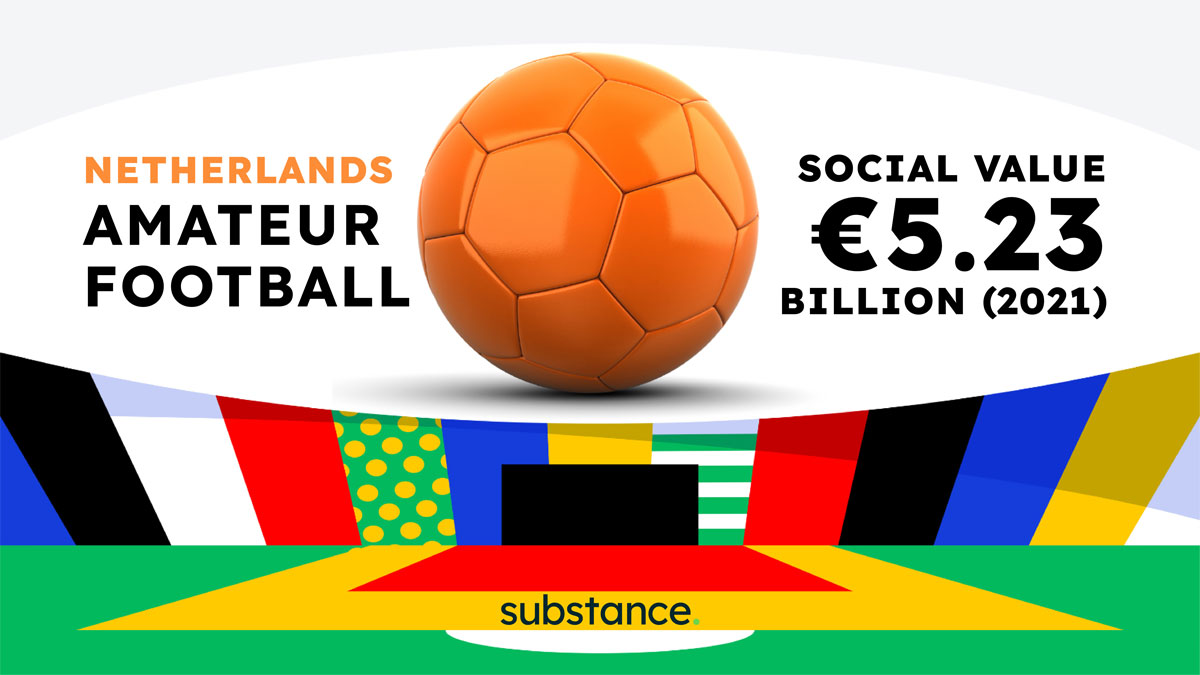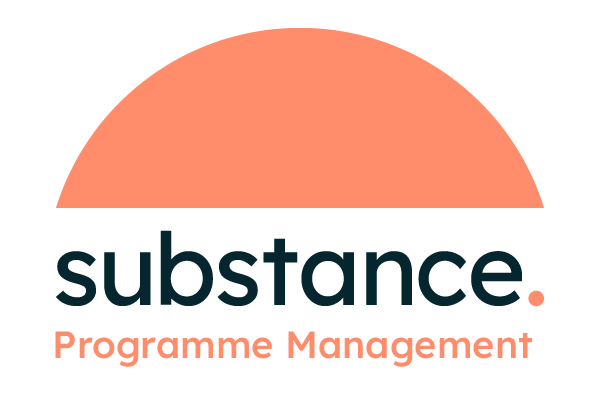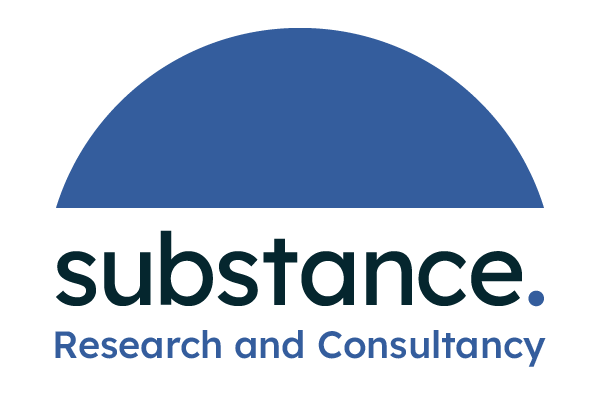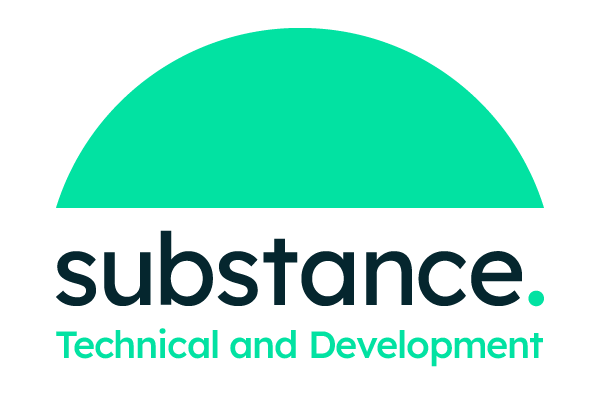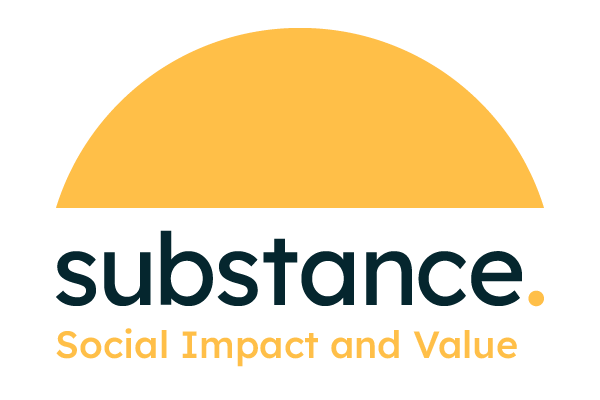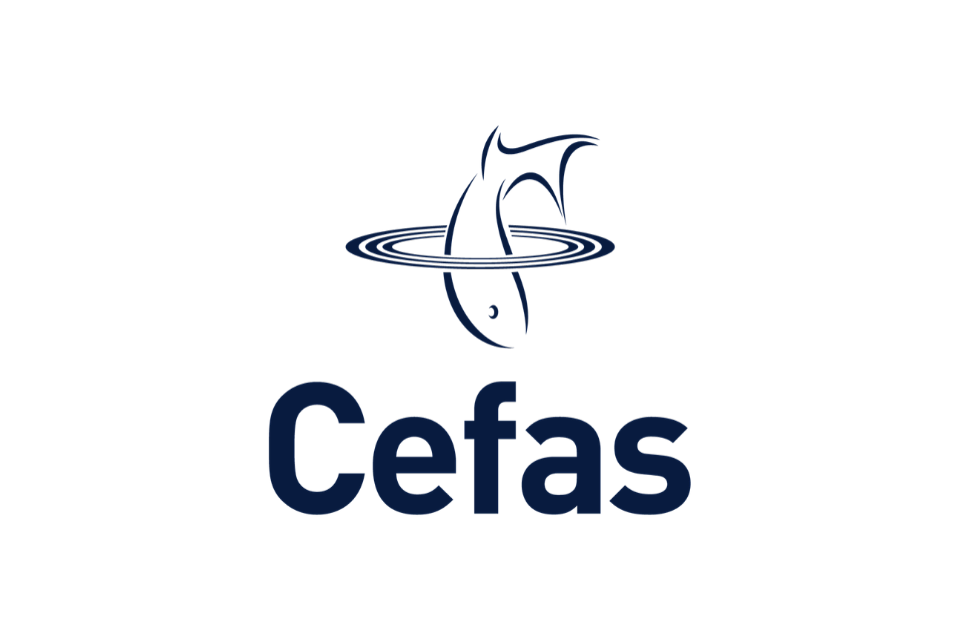
New research by Substance and Centre for Environment, fisheries & Aquaculture Science (Cefas), funded by Defra, has provided insight into what recreational sea anglers value most when considering fisheries management.
The report, released today, found that in order to retain the support of recreational sea anglers, improvements to environmental conditions must be made a priority. The report also found an overwhelming majority urged for a greater balance between the interests of recreational sea anglers and the commercial fishing industry.
As the UK prepares to become an independent coastal state, the Government continues to engage with the commercial fishing and seafood industries, as well as recreational fishing communities across the country, to best develop future fisheries management plans that cater for all.
This study sought the views of recreational sea anglers on a range of areas including fish stocks, funding and data collection. It also provides new data on sea anglers’ value of key stocks such as cod and bass.
Feedback
Fisheries Minister, Victoria Prentis said:
“We welcome this research and the opportunity for sea angling communities to have their views heard. As we develop our plans for future fisheries management, we want to ensure the UK has a fishing sector that is not only profitable and sustainable but also enjoyable for those who participate in the sport of angling.”
Adam Brown, Head of Research from Substance said:
“This research into sea anglers’ attitudes illustrates their desire to be involved in the management of marine fisheries. However, that willingness to contribute to management, data collection and especially funding, is heavily predicated on them believing that a better balance is achieved between recreational and commercial fisheries.”
Kieran Hyder, Principal Scientist at Cefas said:
“This survey provides vital information on the value sea anglers place on fish and fishing, and how this is affected by changes to management. It also gives insights into sea angling attitudes that can be used to support the development of policy.”
To read the report, CLICK HERE
The full publication can be found at:
The Department of Environment, Food & Rural Affairs press release can be found at https://www.gov.uk/government/news/recreational-sea-anglers-are-calling-for-greater-consideration-of-their-needs-and-better-regulation-of-commercial-fishing-practices-says-new-study
Notes to editors:
Research took place between 2018 and 2019 and involved extensive consultation with angling organisations and other stakeholders; interviews; and a survey of over 1,500 sea anglers.
Key findings:
- Behaviour: sea anglers were motivated equally by catching fish and the quality of the environment in which they fish – wanting a variety of species and a healthy environment.
- Data collection: over two-thirds said they would provide catch and participation data and three-quarters said this should be used to benefit and develop sea angling.
- Fish stocks: the biggest perceived threats were damage to habitats, overfishing by commercial operators, and pollution.
- Management: sea anglers said regulations on commercial fishing were less effective than those for sea angling; they wanted better regulation of commercial fishing practices and pollution, and conservation zones that protect fish stocks.
- Funding: 35% said there should be a sea angling licence, but this was conditional on its use for sea angling development and control of commercial fishing.
- Value: the average value was between £22 for the first cod caught-and-kept and £30 for the first sea bass caught-and-kept. The value for fish caught and released was much lower, suggesting that catching fish to eat is important.
- Future management: sea anglers said that this needs to provide a better balance between recreational sea angling and the commercial fishing sector.
Substance is a research and technology company expert in research on the social impacts of sport and recreation. Substance is a specialist in research on angling and Dr Adam Brown researched and wrote the National Angling Strategy for England 2019-2024 which was launched by the Chair of the Environment Agency in June 2019 www.substance.net/nationalanglingstrategy.
Cefas is the Centre for Fisheries, Environment and Aquaculture Science. We are an agency of Defra and world leading experts in marine and freshwater science. We help keep our seas, oceans, and rivers healthy and productive and our seafood safe and sustainable, by providing data and advice to Government and our overseas partners. Dr Kieran Hyder leads sea angling research at Cefas, delivering UK surveys, advice to government, and has published over 60 peer-reviewed papers. For more information about Cefas visit www.cefas.co.uk and follow @CefasGovUK.
For more information please contact:
Adam Brown, Head of Research , Substance (adam.brown@Substance.net) and Kieran Hyder, Principal Scientist, Cefas (kieran.hyder@cefas.co.uk).
Press phone enquiries to, Adam White, Substance [0161 244 5418, option 2]
Acknowledgements
Thanks to all the sea anglers who spent time completing the survey, without whom this report would not have been possible. Thanks also to the following organisations for input into the consultation: Angling Trust, Angling Trust Conservation and Access Group members, Angling Trades Association, Association of IFCAs, Fishing Megastore, Bass Anglers Sport Fishing Society, National Mullet Club, European Anglers Alliance. The project was funded by the Department of Environment, Food and Rural Affairs in England.

